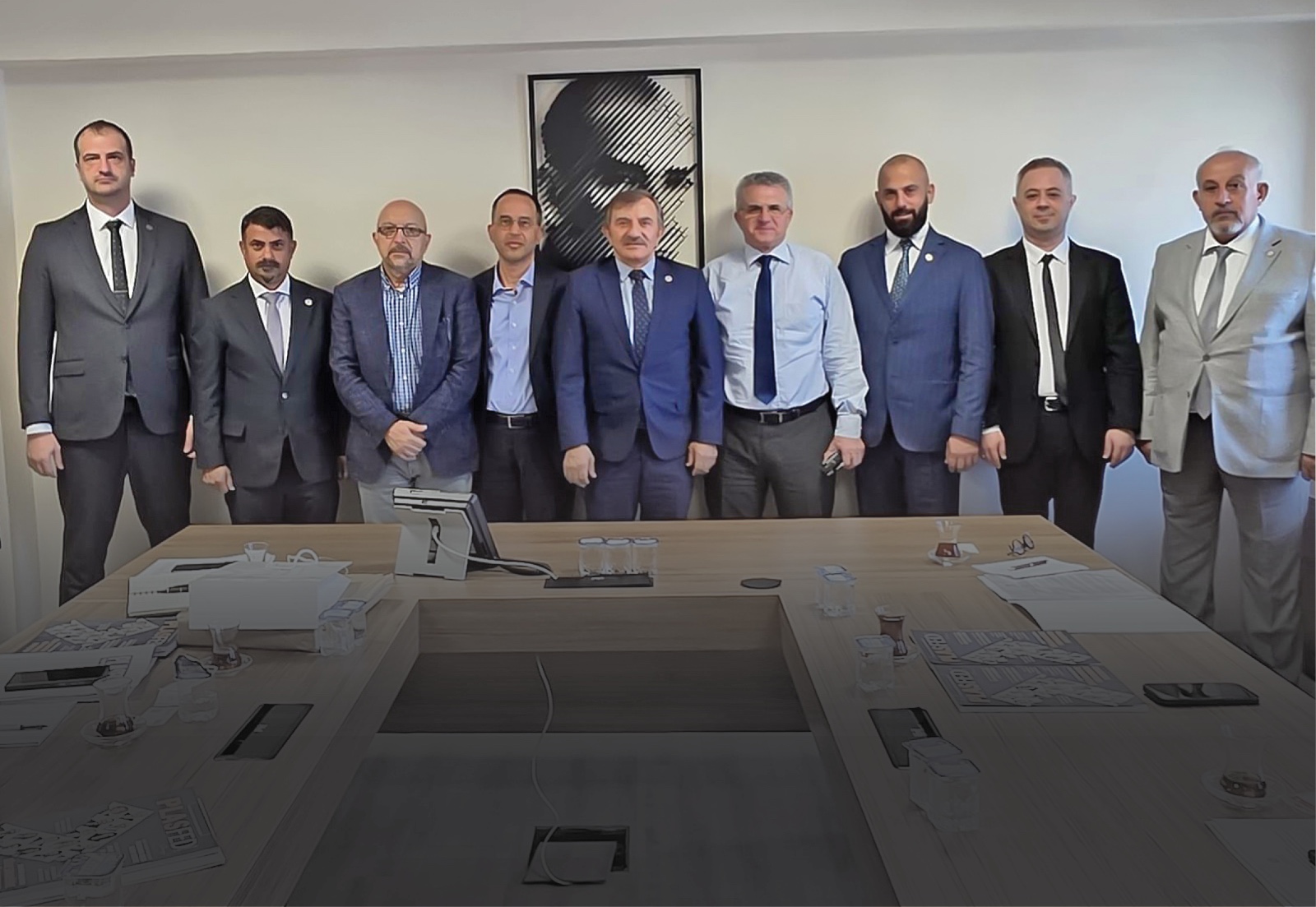
ISO Group 35 and PLASFED visited the Ministry of Industry and Technology to express their opinions and suggestions regarding the new investment incentive law, emphasizing that SMEs are struggling. It was noted that the 100 million TL investment threshold hinders growth, technology, and green transformation in the sector, and there was a demand for medium-scale investments to be included in the incentive scope.
The Istanbul Chamber of Commerce (ISO) Group 35 - Plastic Raw Materials and Plastic Injection Products Industry Committee, under the presidency of Ömer Karadeniz, met on July 2, 2025, with the officials of the Incentive Desk of the Ministry of Industry and Technology of the Republic of Turkey to share the sector’s views and suggestions regarding the new investment incentive law. Representatives from the Plastic Industrialists Federation (PLASFED) also participated in the meeting.
The new investment incentive system, implemented by Presidential Decision No. 9903 published in the Official Gazette on May 30, 2025, replaced the previous system, 2012/3305, which had been in effect since 2012. In the former system, the manufacturing of plastic products was included in the general incentive application, supporting projects with a minimum investment of 3 million TL in regions 1 and 2, and 1.5 million TL in regions 3 and 6, based on fixed investment amounts. With the new regulation, this support has now only started to be granted to projects with a fixed investment amount of 100 million TL and above.
Karadeniz: “The new regulation will burden SMEs”
Speaking at the meeting, Ömer Karadeniz, President of ISO Group 35 and also Chairman of the PLASFED Board of Directors, emphasized that it is not possible for small and medium-sized plastic manufacturers to meet these high investment thresholds, stating that the new regulation makes it difficult for SMEs to benefit from incentive mechanisms. He pointed out that raising the threshold of 100 million TL would hinder the sector’s shift towards added value and technology, stating that this situation would not only cut off investments but also obstruct steps towards growth, modernization, digitalization, and green transformation.
During the meeting, the critical role of the plastic sector in several strategic areas such as aerospace, automotive, defense, health technologies, food packaging, and textiles was highlighted. It was particularly emphasized that engineering plastics hold great significance for technological transformation and green development goals, and it was expressed that the incentive system should be re-evaluated to support this transformation.
President Karadeniz declared that including regionally-focused, medium-scale, and technology-based investments within the scope of incentives is vital for the sustainable growth of the sector and said, “We demand that a support mechanism be created that is suitable for the real needs of industrialists in cooperation with the authorities.”
Translated by Artificial Intelligence
